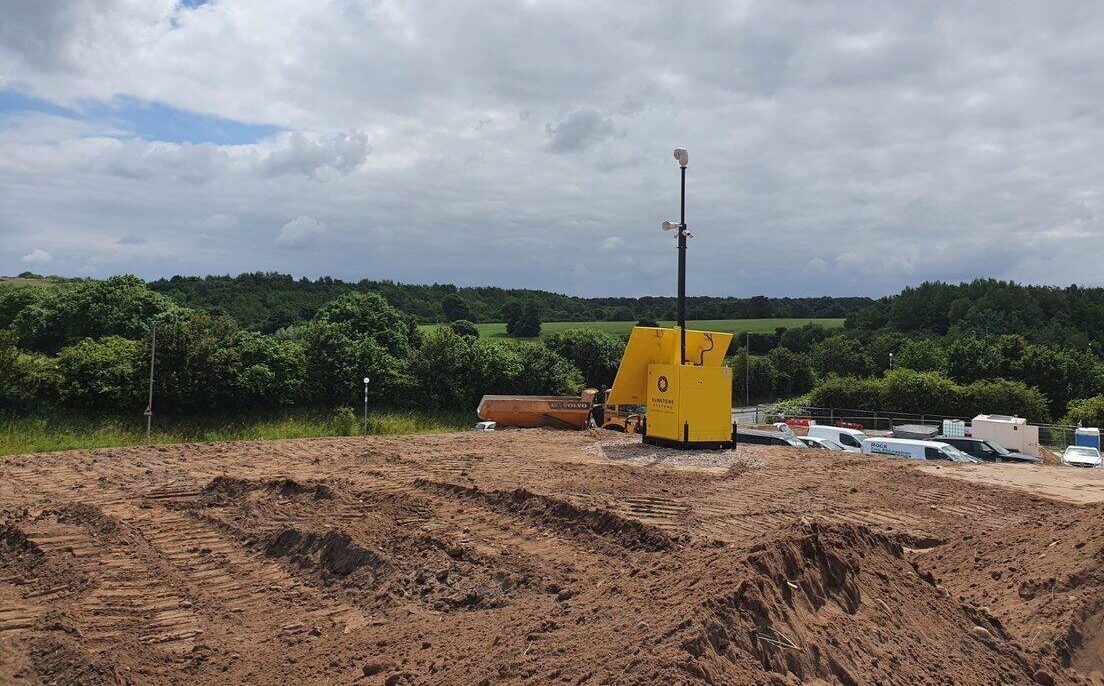 New research claims that CCTV operators utilise a ‘waiting strategy’ in order to make a more accurate decision when viewing potentially suspicious behaviour.
New research claims that CCTV operators utilise a ‘waiting strategy’ in order to make a more accurate decision when viewing potentially suspicious behaviour.
Research by experts from Nottingham Trent University, the University of Bristol and University of Leeds recorded eye movements and ratings of perceived suspiciousness to find a relationship between CCTV operators’ gaze and manual responses.
The research indicates that CCTV operators can anticipate potential trouble very quickly and adopt a two-second delay before making a judgement. This allows them to make a more accurate decision on the situation and limit the number of false alarms.
A group of trained CCTV operators from Manchester City Council’s control room were shown 80 one-minute clips of recorded footage, depicting urban scenes such as a night-time view of a car park, a shopping street underpass, a nightclub entrance and a cashpoint.
They were asked to monitor each scene for behaviour deemed suspicious enough to warrant informing the relevant authorities and then, using a joystick, indicate the perceived level of suspicious behaviour.
The researchers also used eye tracking equipment to measure the relationship between the ratings and the operators’ gaze, with the results compared against a group of untrained observers watching the same set of clips.
Trained CCTV operators were found to show greater consistency in fixing location and a greater consistency in judging suspicious behaviour than the untrained observers. They were also more reliable at spotting suspicious events in ambiguous footage.
The data showed the trained group moved their eyes to relevant parts of the scene earlier and their gaze followed very similar viewing patters – glancing at specific areas of focus rather than flitting between random locations, a trait shown by the untrained operators.

The study said: “Trained operators may choose to undertake more processing before reaching a decision about manual responses.
“Additional time observing events is likely to result in increased visual information and decreased ambiguity about events being displayed, and it is possible that operators use a waiting strategy to minimise the number of false alarms.”
Dr Christina Howard, a psychologist in Nottingham Trent University’s School of Social Sciences and one of the report’s researchers, said: “It appears that CCTV operators choose to undertake additional visual processing to reduce ambiguity and help them to reach an accurate decision.
“In safety and security situations where quick and accurate judgements are critical to public safety, this is clearly of huge importance. CCTV systems are becoming increasingly sophisticated, but very little is known about the behaviour and expertise of those who monitor and respond to events in control rooms.
“It’s possible that our findings could be used to develop more effective training methods for CCTV operators.”
The study, titled ‘Suspiciousness perception in dynamic scenes: a comparison of CCTV operators and novices’, was published in the Frontiers in Human Neuroscience journal.



























